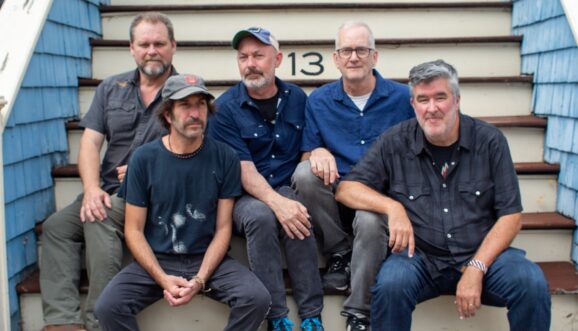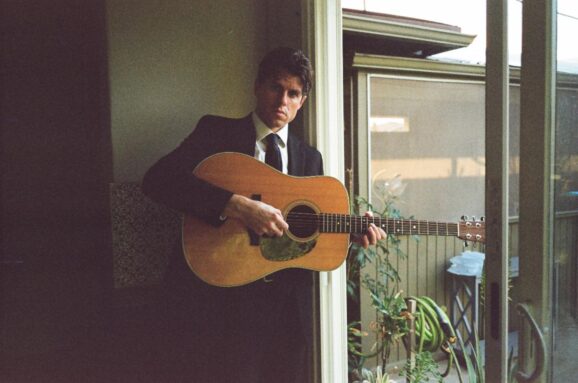Jazz at Oberlin by the Dave Brubeck Quartet is a timeless and iconic live jazz recording that captures the essence of the Brubeck Quartet’s innovation and artistry. Recorded in 1953 at Oberlin College in Ohio, this album is a testament to the enduring power of live jazz performances and the influence of the Brubeck Quartet in shaping the genre. As part of its Original Jazz Classics, Craft Recordings is reissuing Jazz at Oberlin on 180-gram vinyl in celebration of its 70th anniversary. The reissue is an all-analog mastering from the original tapes by Kevin Gray at Cohearent Audio.
One of the first things that strikes the listener is the palpable energy and chemistry among the band members. Dave Brubeck, on piano, is nothing short of a virtuoso, and his distinct approach to jazz, characterized by his use of unusual time signatures, is on full display. Paul Desmond’s saxophone playing is smooth, elegant, and laden with the unmistakable warmth that he is renowned for. The rhythm section, consisting of Ron Crotty on bass and Lloyd Davis on drums (who according to the back cover, had a 103-degree fever during the performance), provides a solid foundation for the quartet’s exploration of musical landscapes. The album features a diverse setlist, including Brubeck’s compositions like “The Way You Look Tonight” and “Perdido,” as well as jazz standards like “These Foolish Things” and “Stardust.” Each track showcases the quartet’s remarkable ability to blend technical precision with improvisational creativity. Their interpretation of “Perdido” stands out with its pulsating Latin rhythms, and “These Foolish Things” is a beautiful rendition filled with emotion and Desmond’s lyrical saxophone solos. The quartet’s interpretation of “Stardust” features Paul Desmond’s signature smooth and lyrical saxophone playing. Desmond’s gentle and melodic approach to the tune contrasts with Brubeck’s more complex and experimental piano work, creating a captivating juxtaposition of styles within the quartet’s performance.
The album has had a long-reaching influence, credited with making jazz a legitimate field of musical study at Oberlin, and also saw jazz performances move from nightclubs to concert halls. The Guardian’s John Fordham wrote that it “indicated new directions for jazz that didn’t slavishly mirror bebop, and even hinted at free-jazz piano techniques still years away from realization.” Jazz at Oberlin is not just a historical document of an extraordinary live performance, it is a testament to the lasting influence and innovation of the Dave Brubeck Quartet. The quartet’s ability to break away from conventional jazz structures and time signatures while maintaining a sense of accessibility and melody is what sets them apart. This album serves as a bridge between traditional jazz and the more experimental, pushing the boundaries of the genre. Jazz at Oberlin is a must-listen for any jazz enthusiast and a testament to the Dave Brubeck Quartet’s contribution to the evolution of jazz music. The quartet’s impeccable musicianship and the captivating atmosphere of the live performance make this album a classic that continues to inspire and delight jazz lovers of all generations.









3 Responses
Well done, Joey.
This is a recording that deserves the recognition you gave it – still very listenable. Like all good music it ages well with time. The audience was dancing with the Dave Brubeck quartet.
Thanks for this insightful and enjoyable review, Joey. In addition to these thoughts on the iconic “Oberlin” LP, would love to get your take on the brand new release from the Brubeck family, featuring the classic Brubeck Quartet lineup (Brubeck, Desmond, Morello, Wright) in previously unreleased live recordings from 1959 (“Live from the Northwest, 1959”).
Hi there D. Anderson. Thanks for reading my review and for the kind words. Feel free to email me at joey.willis@gmail.com